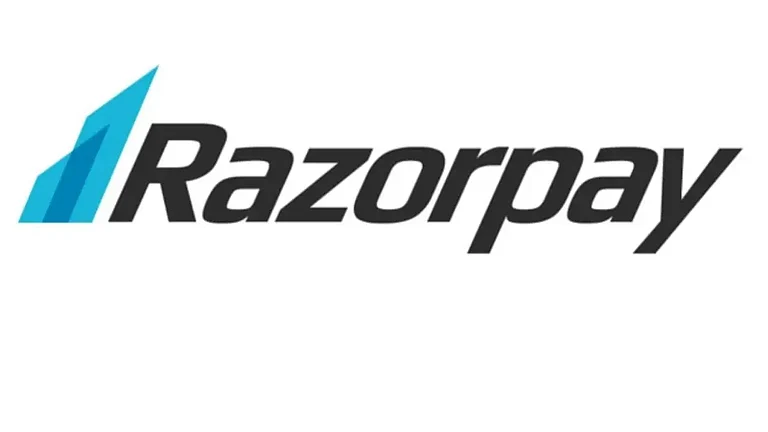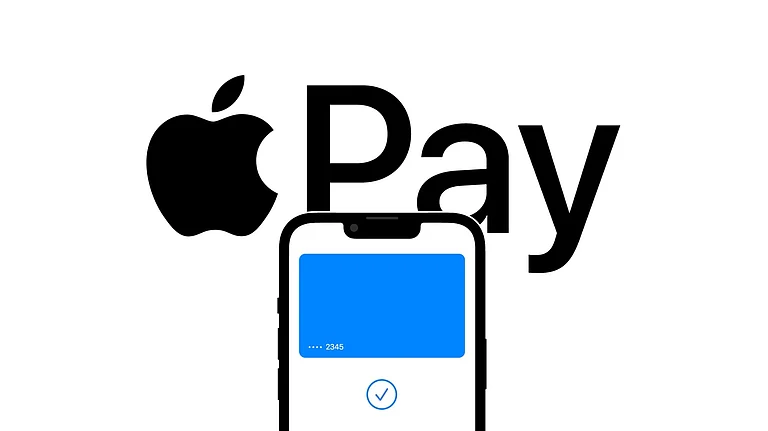The Payments Council of India (PCI), an industry body representing fintech firms such as Paytm, PhonePe, and Amazon Pay, has written to Prime Minister Narendra Modi's Office, demanding the reinstatement of the merchant discount rate (MDR) regime on certain Unified Payments Interface (UPI) transactions.
According to reports, PCI is proposing a 0.3% MDR on UPI transactions for merchants earning over Rs 20 lakh annually. The industry body has reportedly sought a meeting with the Prime Minister.
MDR is a fee that merchants pay to banks and payment service providers for processing transactions. While UPI payments currently have no MDR, debit card transactions typically incur a 0.75% fee, while credit card transactions are charged around 1.75% per transaction.
PCI stated that around 60 million merchants in India accept digital payments, primarily via UPI, with 90% classified as small merchants. It noted that nearly all of the remaining five million large merchants already have card processing machines or e-commerce platforms, allowing them to accept all types of card payments, which incur charges of 1% to 2%, depending on the card.
The digital payments industry body has also sought to introduce an MDR structure on RuPay debit card transactions, applicable to merchants of all sizes.
Why FinTech Firms Are Demanding MDR
The letter comes just days after the Union Cabinet, chaired by PM Modi, approved a Rs 1,500 crore subsidy for fintech firms, banks, and other participants in the UPI ecosystem to promote low-value BHIM-UPI transactions between individuals and merchants for FY25. This marks a drastic cut from the Rs 3,268 crore subsidy approved in FY24.
In its letter, PCI noted that the FY25 allocation covers only a fraction of the estimated Rs 10,000 crore annual cost required to maintain and expand UPI services.
This is not the first time the financial industry has demanded an MDR on UPI payments. Earlier this month, fintech firms raised the issue in a meeting with RBI's new governor, Sanjay Malhotra, and government officials on March 5.

































